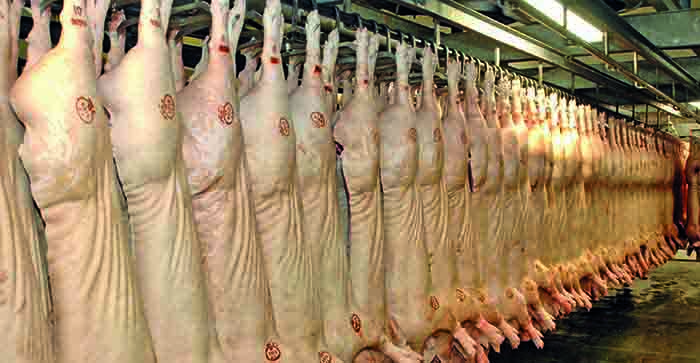A new test that will identify TB infection more quickly and simply in animals post-mortem has been rolled out in Great Britain.
The Animal and Plant Health Agency (APHA) has now validated a new polymerase chain reaction (PCR) test which can detect the bacterium responsible for bovine TB directly from tissue samples collected at post-mortem inspection.
This new method will reduce the time taken for APHA laboratories to report results to livestock keepers from up to 22 weeks to just three weeks. This means in certain situations, if the PCR test results are negative, APHA will be able to lift herd movement restrictions much sooner than existing protocols allow.
For pigs, for example, this will reduce the length of time pig herds are held under restriction due to suspect cases, which has been an increasing problem for many herds in recent months.
Currently the main method of confirming TB infection is traditional microbiological culture, which involves growing the bacterium in a laboratory from tissue samples. This process can take up to 22 weeks for results to be obtained and farmers informed if restrictions remain or are to be lifted.
Initially, the new PCR test will replace microbiological culture for tissue samples collected from the following:
- TB slaughterhouse cases in cattle and non-bovines (animals routinely sent for private commercial slaughter which were found to have lesions suspicious of TB at routine meat inspection).
- Non-bovine animals such as goats, pigs and camelids that are removed as TB test reactors, direct contacts or clinical TB suspects, and cases where TB lesions are identified on post-mortem examination in a veterinary laboratory.
- Domestic pets, such as cats and dogs, and exotic species of animals submitted to APHA for laboratory investigation.
UK Chief Veterinary Officer Christine Middlemiss said: “Fast and reliable testing is essential in halting the spread of this insidious disease in animals.
“This new PCR test ensures APHA can continue its vital role in detecting disease on farms and it will be welcome news for livestock farmers who have been greatly impacted by this disease.”
Further information on the new PCR test can be found on the TB Hub.




